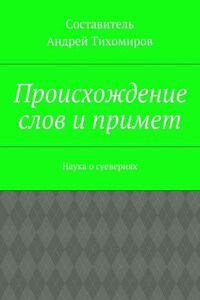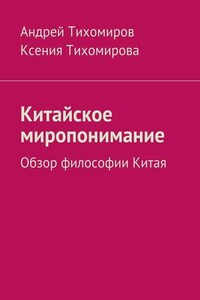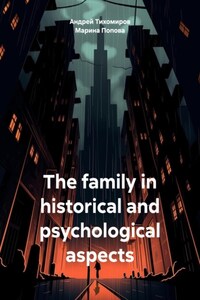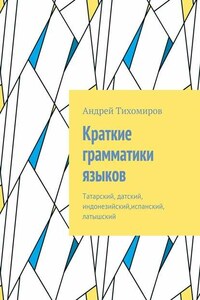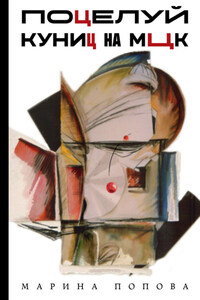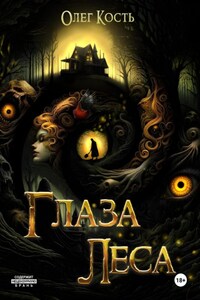The concept of the New Year and its history
New Year is the time or day on which a new calendar year begins and the number of years in the calendar increases by one. Many cultures celebrate this event in one way or another. According to the Gregorian calendar, the most widely used calendar system today, the New Year falls on January 1st.
Since ancient times, the New Year has been celebrated as a universal one, and with the strengthening of state power, as a public holiday. At the same time, the New Year has always been perceived as a family holiday, as a holiday that connects each person with his relatives, with living and deceased ancestors. In the celebration of the New Year there were, and still exist to this day, several levels: state and national, public and family. The main attributes of any year are the alternation of day and night, their return again to their original positions. That is, we are talking about the winter and summer solstices, the spring and autumn equinoxes. These moments of the year were celebrated by ancient peoples as a kind of beginning. The movements of the Sun and Moon are the most prominent, regularly recurring natural phenomena useful for keeping time, and were the most commonly used units of time in ancient societies around the world.
Calendar customs and rituals of the annual cycle associated with the labor activities of peoples are a complex social phenomenon, a unique reflection of their socio-political, historical, cultural, ethnic, spiritual life at various stages of development. As a concentrated expression of the spiritual and material culture of peoples, calendar holidays bear the stamp of ethnic specificity. At the same time, they reflect the typological commonality of human culture, the influence of historical and cultural contacts and connections. Calendar customs and rituals form an important part of such a phenomenon as a holiday. Existing in all societies since ancient times, holidays are a necessary condition of social existence.
Already in ancient times, philosophers and historians made attempts to define the phenomenon of the holiday, to clarify its role in the life of society (Plato, Aristotle). The holiday has been the subject of research by scientists in modern and recent times. Nowadays, philosophers, ethnographers, literary scholars, and folklorists are turning to the study of holidays. The complexity and versatility of the holiday as an indispensable part of human culture are also expressed in its social multifunctionality. Thus, modern researchers note the following functions of the holiday: the solemn renewal of life; communicative and regulatory functions; compensatory; emotional and psychological; ideological and moral-educational functions. Among the various types of holidays (the question of the classification of holidays is debatable), one of the most important are calendar holidays, which are most closely related to the traditional culture of peoples. The importance of the historical and ethnographic study of calendar holidays, as well as the folk customs and rituals associated with them, is determined by the fact that this research allows us to identify the genesis of the holidays themselves, the ancient sources of many customs and rituals, and trace the development of social institutions , folk beliefs, provides material for the study of problems of ethno-genesis and ethnic history of peoples, allows us to outline genetic and historical-cultural connections and contacts, resolve the problem of the relationship between the holiday and folk art, reveal the emotional-psycho The logical role of a holiday and a festive mood in a number of everyday affairs and concerns, in recreating the life impulse.

